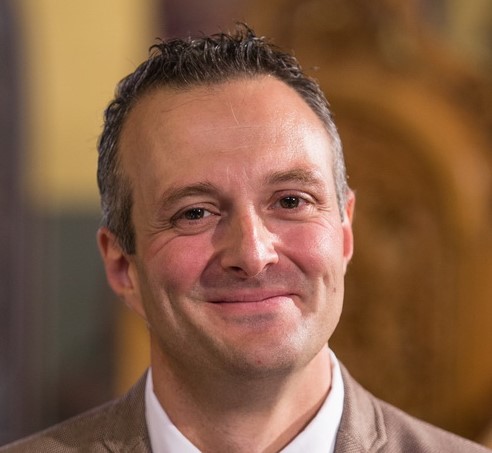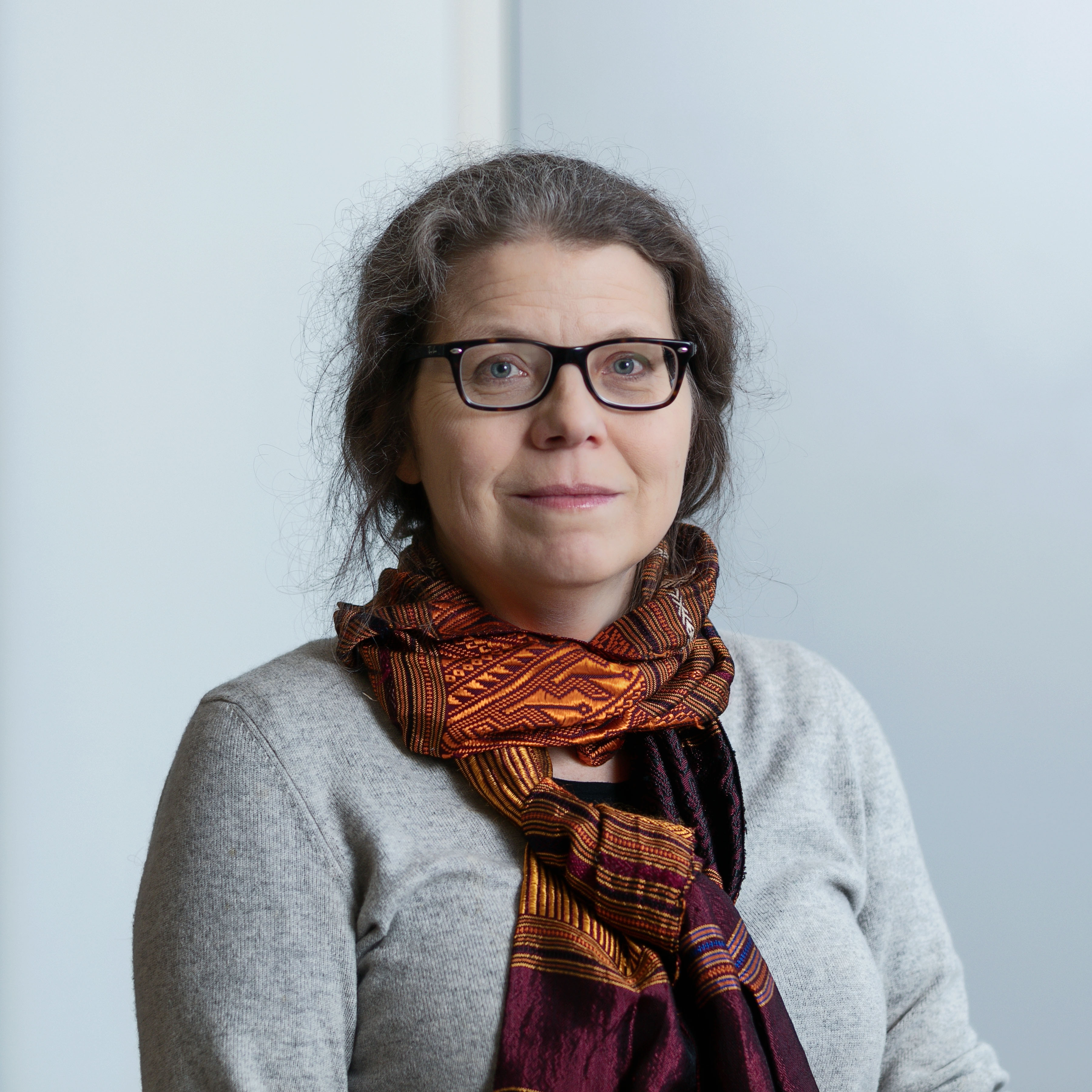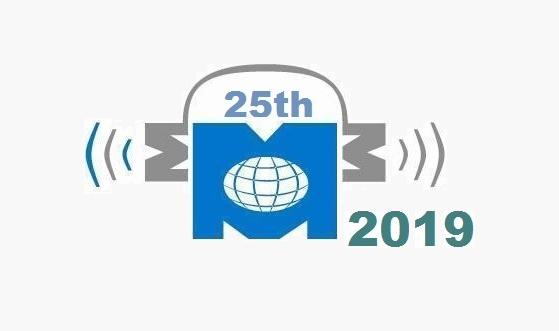We are excited to announce three prominent researchers in the multimedia domain and related fields as invited keynote speakers of MMM 2019. The speakers are:
- – Prof. Daniel Gatica-Perez, IDIAP Research Institute and Ecole Polytechnique Federale de Lausanne (EPFL), Switzerland
- – Prof. Andreas Symeonidis, Aristotle University of Thessaloniki, Greece
- – Prof. Martha Larson, Radboud University Nijmegen and Delft University of Technology, Netherlands
Details about each talk and speaker are given below.
 |
Talk title: Cities in the Global South and Multimedia. Abstract: Social media and other sources of crowdsourced data create unique opportunities to study cities at scale, However, very little work has been done so far in multimedia research to understand urban phenomena outside North America and Europe, even though 80 of the largest 100 urban areas worldwide are in Latin America, Asia, and Africa. I will argue that studying these cities through people-contributed data and AI-driven analytics should become a priority for the multimedia community. The talk will discuss examples of our work in this domain, and invite the audience to join our multidisciplinary agenda for future work. Bio: Daniel Gatica-Perez directs the Social Computing Group at Idiap and EPFL in Switzerland. His research integrates theories and methods from ubiquitous computing, social media, machine learning, and social sciences to understand human and social behavior in everyday life. His current work includes mobile crowdsensing in cities and analysis of mobile social media, smartphone data, and open data. His research has been supported by the Swiss National Science Foundation, the European Commission, and several industry partners. He also works with cities and local organizations in social innovation projects. |
 |
Talk title: Upon assessing the software quality of open source multimedia tools. Abstract: Consider that you need a data visualization API that allows you to project findings on a huge social graph. Or that you need a library that performs basic image and video processing tasks, so that you apply your largest scale concept. Or even you need to develop an application that initially performs ASR in order to provide personalized services to elderly people in Greece. In all these cases you may develop everything from scratch (obviously a bad choice), or you can select from a number of tools/libraries/APIs already residing in open source repositories. Then you would have to learn how to use/embed (each and every one of them), integrate them in your own project and test that everything works smoothly. Wrong selection of components will inevitably lead to great delays or even failure, and this is something that you surely would like to avoid… Bio: Dr. Andreas L. Symeonidis is an Associate Professor with the Department of Electrical and Computer Engineering at the Aristotle University of Thessaloniki, Greece and the Chief Research Officer at Cyclopt.com. His research interests include Software engineering processes, Model-driven engineering, Software quality and Software analytics, Middleware Robotics and Knowledge extraction from big data repositories. Dr. Symeonidis’ work has been published in over 100 papers, book chapters, and conference publications. He is co-author of the books “Agent Intelligence through Data Mining” (Springer publishing) and “Practical Machine Learning in R” (Leanpub publishing). He has been Project Coordinator of S-CASE (FP7-ICT-610717) and RAPP (FP7-ICT-610947) and Technical lead in H2020 projects SEAF (H2020-696023) and Mobile Age (H2020-693319). He is currently coordinating more than 10 contract R&D projects. More at: http://users.auth.gr/symeonid |
 |
Talk title: New views on multimedia data: Privacy and other reasons for research on data minimization. Abstract: Conventionally, multimedia researchers have adhered to the maxim “There is no data like more data”. However, the new General Data Protection Regulation, which came into force in Europe in 2018, has caused the data science world to shift its perspective. If there are constraints on how data can be gathered and used, then researchers must adapt themselves to design effective algorithms and systems under those constraints. In this talk, we look at how “data greed” has characterized past research on analyzing multimedia content and discover why it is time to revisit our assumption that more data will lead to better performance of algorithms. The talk covers examples of research on data dropping and data bleaching that make the case for the potential of data minimization, and motivation the need for future work in that direction. Finally, we point out that techniques focusing on how to perturb or remove information in multimedia data have a potential to protect the privacy of users, without requiring them to stop sharing their images and videos online. Bio: Martha Larson works in the area of multimedia retrieval and recommender systems. She is a professor at Radboud University in the area of Multimedia Information Technology and is also affiliated with the Multimedia Computing Group at Delft University of Technology. Previously, she researched and lectured in the area of audio-visual retrieval at Fraunhofer IAIS and at the University of Amsterdam. Larson is co-founder of the MediaEval Benchmarking Initiative for Multimedia Evaluation. She is currently leading the “Pixel Privacy” project, a small grant from the Netherlands Organization for Scientific Research focused on laying groundwork for new research in multimedia privacy online. From 2013-2016, she was scientific coordinator of CrowdRec, a European project on combining crowdsourcing and recommender systems. She has just completed a term of service as Associated Editor for IEEE Transactions on Multimedia. Recently, she has been Area Chair at ACM Multimedia, TPC Chair at ACM ICMR, and Workshop Chair at ACM RecSys. In 2012, she was an Innovation Chair at IEEE ICME and organized a “Time Machine” session on the ongoing impact of early innovations. In 2016, she was a chair for Brave New Ideas at ACM Multimedia, with the theme “Societal Impact of Multimedia Research”. |
